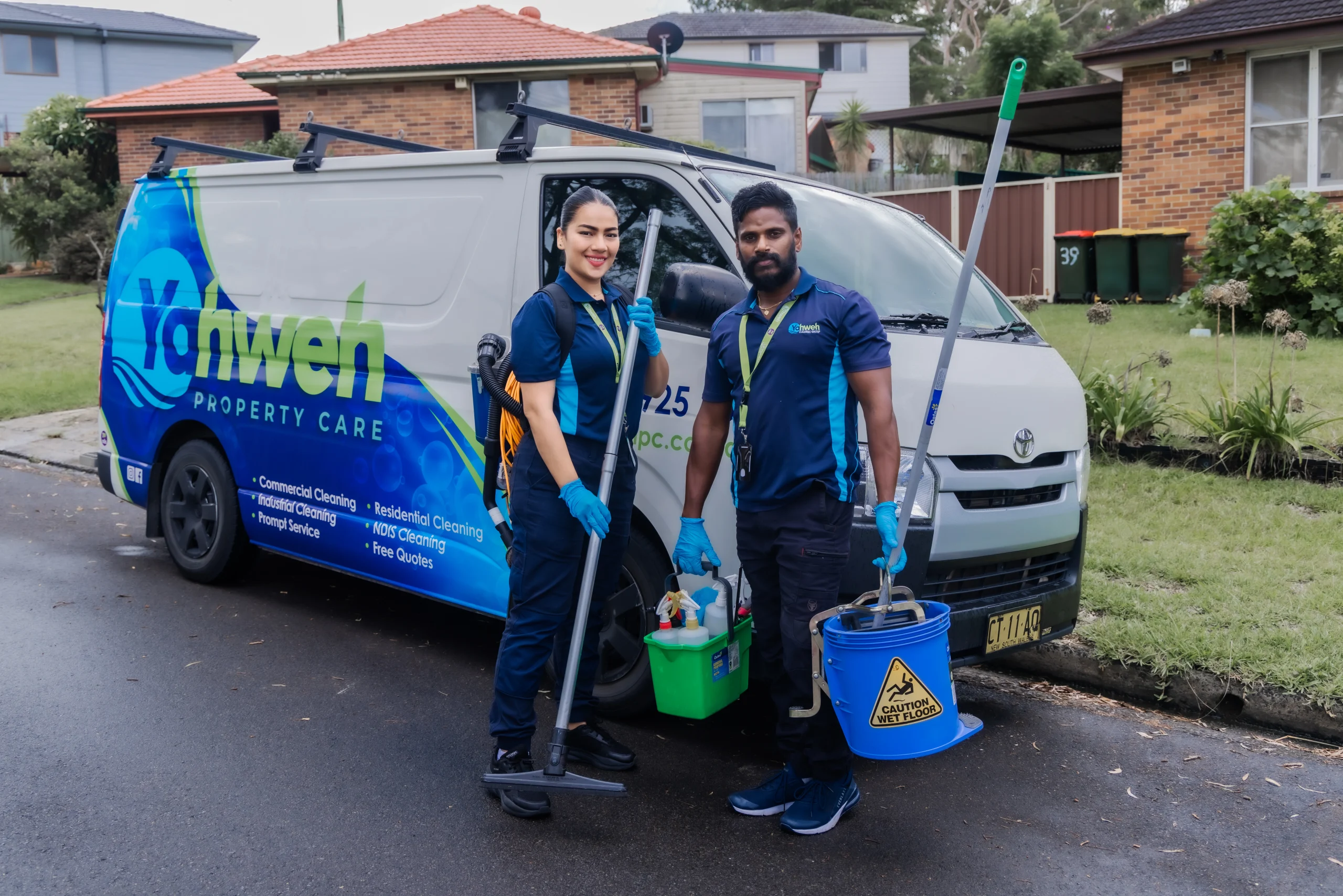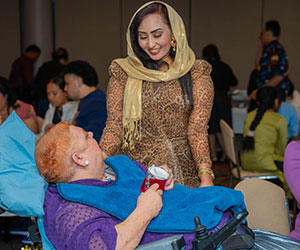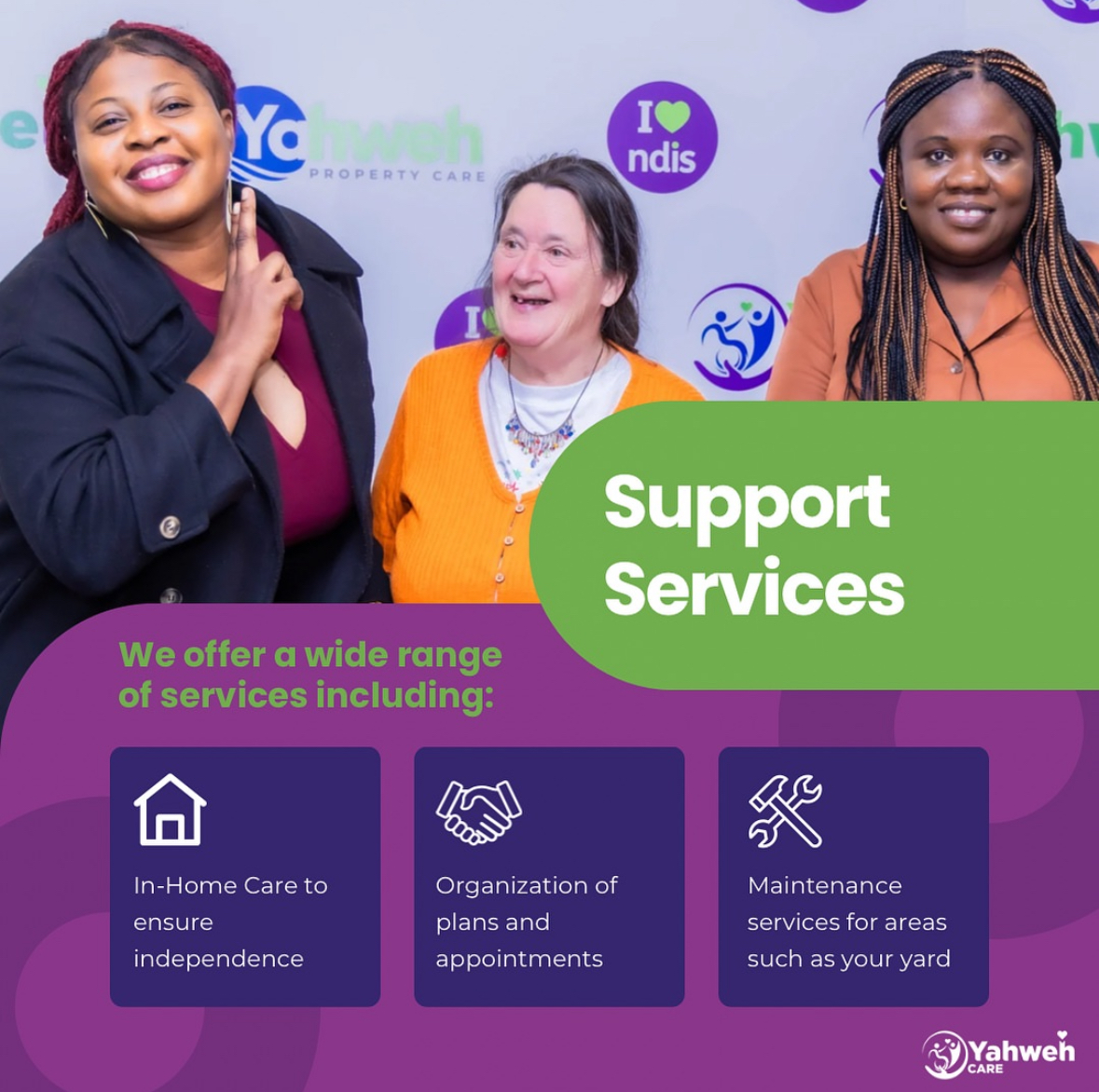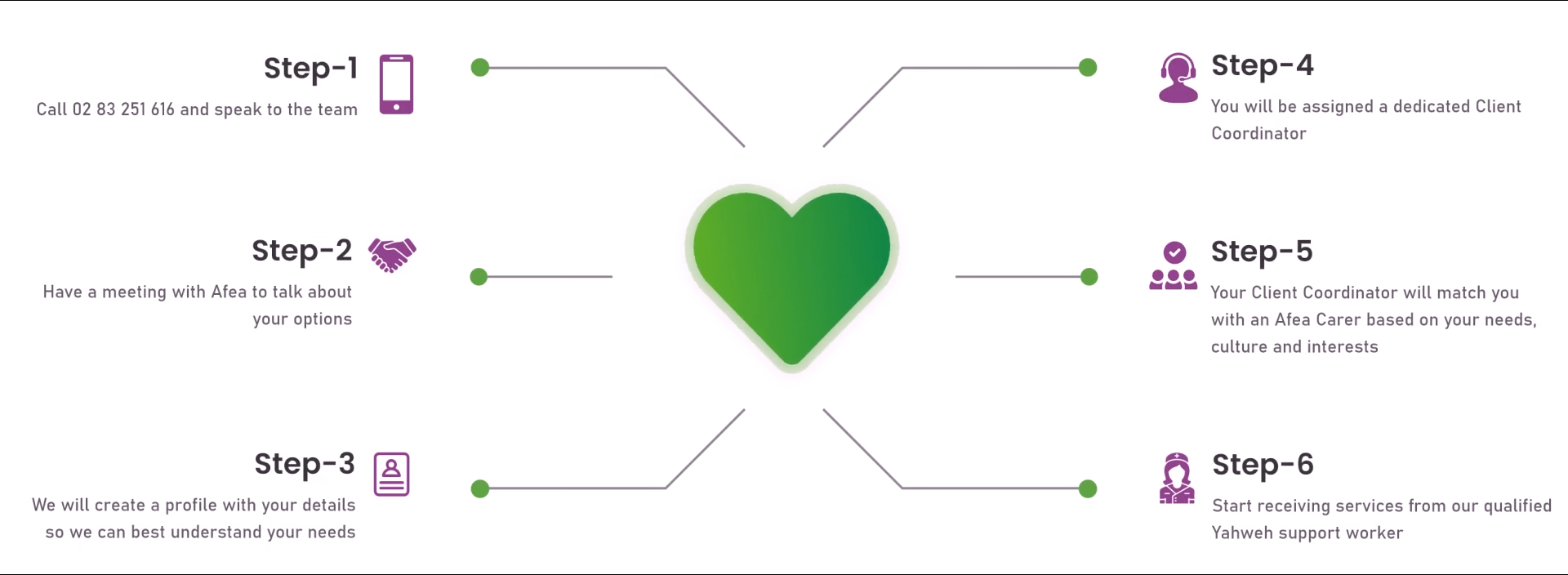Living with a disability often comes with unique challenges, and one of the essential aspects of maintaining independence and quality of life is ensuring that living spaces are accessible and functional. This is where NDIS Handyman services step in to offer invaluable support and assistance. From minor repairs to major modifications, these services play a crucial role in enhancing the living conditions of individuals with disabilities. Here, we will delve deeper into the versatility of NDIS Handyman services and how they contribute to disability support.
Understanding NDIS Handyman Services
NDIS, or the National Disability Insurance Scheme, is a lifeline for Australians living with disabilities, providing funding and support tailored to individual needs. NDIS Handyman services fall under this umbrella, offering assistance with various tasks around the home to promote accessibility and safety.
Adaptations and Modifications
One of the primary functions of NDIS Handyman services is to make necessary adaptations and modifications to homes, ensuring they are conducive to the needs of individuals with disabilities. This may include installing ramps for wheelchair access, handrails for stability, or modifying bathroom facilities to accommodate mobility aids. By making these adjustments, NDIS Handyman services enable individuals to navigate their living spaces with greater ease and confidence.
Home Maintenance and Repairs
Keeping up with home maintenance can be challenging for anyone, let alone individuals with disabilities. NDIS Handyman services offer assistance with routine upkeep and repairs, ensuring that homes remain safe and functional. From fixing leaky faucets and repairing electrical issues to maintaining outdoor spaces, these services help to preserve the integrity of the home environment and prevent minor issues from escalating into larger problems.
NDIS Handyman services ensure homes are safe, functional, and comfortable for individuals with disabilities. Experienced professionals conduct routine inspections, maintain gardens, and fix appliances to prevent hazards and ensure convenience. Emergency repairs are promptly addressed, offering peace of mind during unexpected situations. By managing property maintenance proactively, these services create supportive environments that empower individuals to live independently.
Modifying Bathrooms and Kitchens
Bathrooms and kitchens are often high-traffic areas that require careful consideration when it comes to accessibility. NDIS Handyman services are tailored with an aim to modify these spaces to accommodate the unique needs of individuals with disabilities. This may involve installing grab bars, lowering countertops, or configuring shower facilities for wheelchair access. Such modifications not only enhance safety but also promote greater independence in performing daily tasks.
Safety Upgrades
Safety is a top priority for anyone, but it holds particular significance for those with disabilities. Experienced professionals specialising in NDIS Handyman services can conduct safety assessments and implement upgrades to minimise potential hazards within the home. This could involve installing smoke alarms with visual or auditory alerts, securing loose carpets or floorboards, or improving lighting for enhanced visibility. These measures not only reduce the risk of accidents but also provide peace of mind to individuals and their families.
General Handyman Services
NDIS Handyman services include various general handyman tasks to meet household needs. From minor repairs to installations, experts enhance the functionality and comfort of living spaces. Whether assembling furniture, painting walls, or repairing fixtures, expert handymen handle tasks efficiently. By providing reliable solutions for everyday challenges, they support individuals with disabilities in maintaining their homes and achieving greater independence.
Custom Solutions
Every individual is unique, and so are their needs. Reputed professionals specialising in NDIS Handyman services recognise this diversity and offer custom solutions tailored to the specific requirements of each client. Whether it’s designing a bespoke accessibility ramp or retrofitting kitchen appliances for easier use, these services are designed to find creative and practical solutions to enhance quality of life. By working closely with clients and their support networks, NDIS-accredited Handyman service providers ensure that every aspect of the home environment is optimised for comfort and convenience.
Promoting Independence and Dignity
At its core, NDIS Handyman services are about empowering individuals with disabilities to live life on their own terms. By removing physical barriers and providing practical support, these services enable greater independence and autonomy. This not only enhances the quality of life for individuals but also promotes a sense of dignity and self-worth. Being able to navigate one’s home with confidence and undertake everyday tasks independently is empowering and liberating, fostering a greater sense of well-being and belonging.
Some Final Thoughts
NDIS Handyman services play a vital role in supporting individuals with disabilities by enhancing the accessibility, safety, and functionality of their living spaces. From modifying bathrooms to routine maintenance tasks, these services offer a wide range of solutions tailored to meet diverse needs. By promoting independence, well-being, and quality of life, NDIS-accredited Handyman service providers contribute significantly to disability support and empower individuals to live life on their own terms.







 \
\






